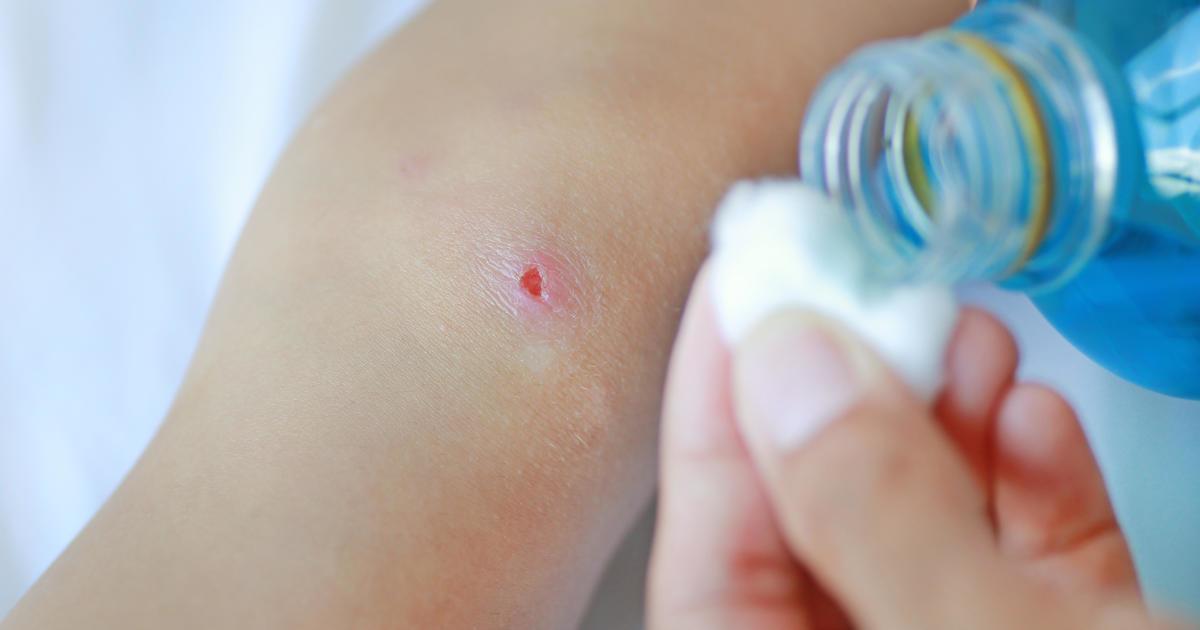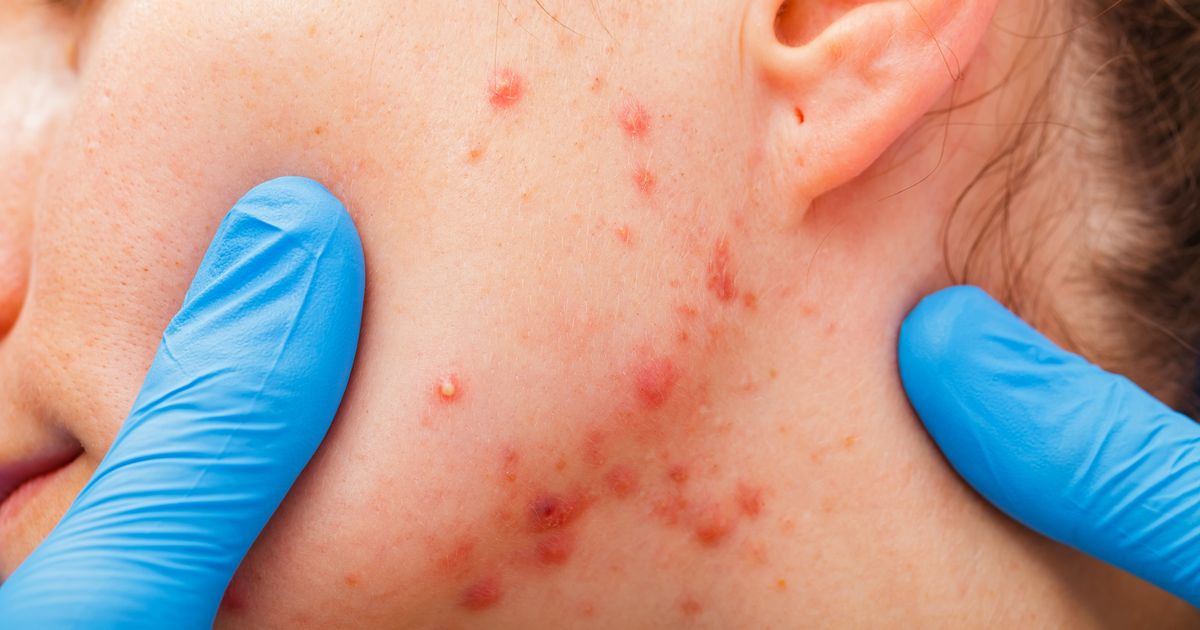Tea Tree Oil Uses In Health
Improves Wound Healing

Several studies suggest tea tree oil improves wound healing. One study revealed tea tree oil helped heal Staphylococcus aureus-infected wounds faster in nine of ten participants.
A study from 2014 gave promising results as well. In the study, thirty-two elderly participants were divided into two groups. Each participant was affected by either stage two or above methicillin-resistant Staphylococcus aureus MRSA-infected wounds. One group had their wounds treated with ten percent topical tea tree preparation dressing, and the others were given a saline gauze dressing. Patients treated with the tea tree oil dressing had their wounds healed in approximately four weeks. In addition, the tea tree oil helped get rid of all the bacteria in fourteen of the wounds. Fair results were also shown in a 2011 uncontrolled case series. Eleven participants with wounds infected by MRSA were treated with water-miscible tea tree oil every day or three times per week. Following treatment, wounds on eight of the participants had shrunk.
Treats Acne

Reportedly, tea tree oil also helps treat acne, which is the result of clogged hair follicles and pores. The antibacterial properties can help kill off Propionibacterium acnes, a type of bacteria that contributes to the development of pimples. The oil's astringent and antiseptic elements can also help cleanse the pores and hair follicles of excess oil as well as dirt. Patients have to be careful not to overdo it when using tea tree oil on their skin, as it could cause side effects such as skin irritation or redness. Using excessive amounts of the oil can dry the skin out as well.
In one study, the oil's terpenoids were demonstrated to be active agents against Propionibacterium acnes. Another study suggested a five percent topical tea tree oil gel was effective for treating mild and moderate acne. With a control group also included in the study, results showed the gel was better at treating acne than the placebo.
